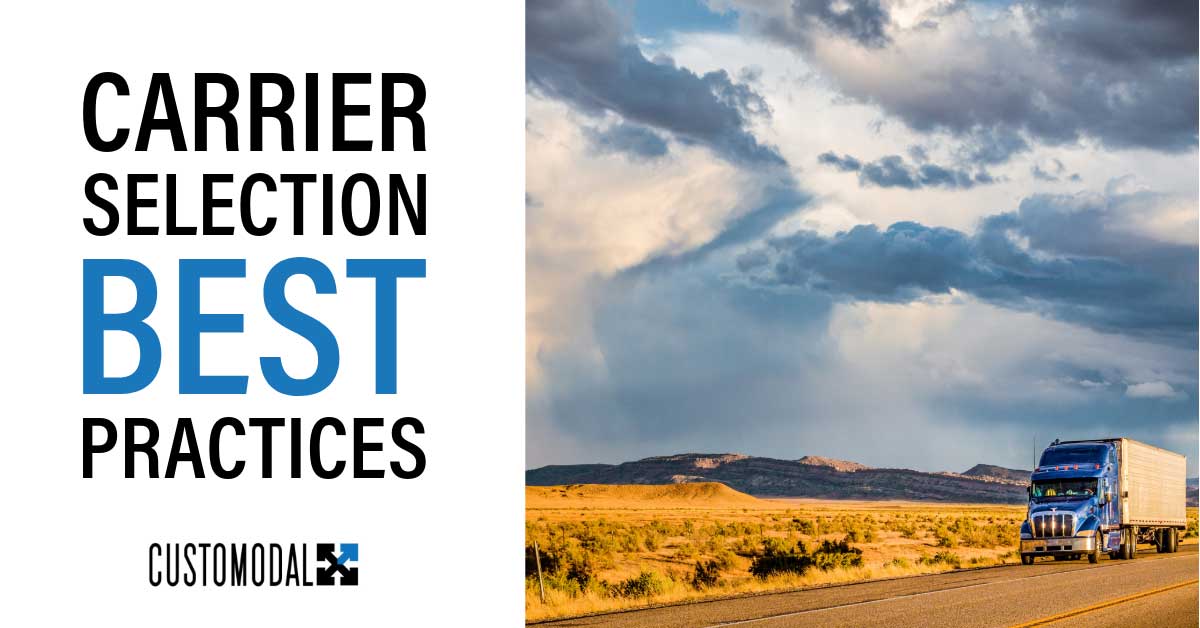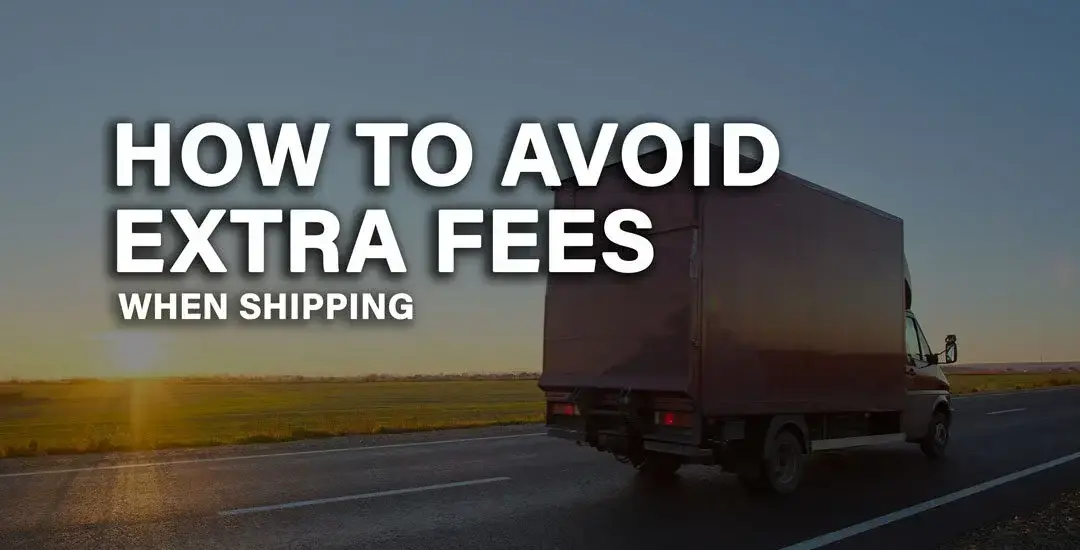Mike Eberl May 6, 2024

This month, we’re highlighting the basics of LTL! Selecting the right Less Than Truckload (LTL) carrier is crucial for ensuring timely and cost-effective transportation of your goods. Here are some best practices when selecting an LTL carrier:
- Service Level Requirements: Determine your specific transportation needs, such as delivery timelines, handling requirements, and any special services (like liftgate delivery or inside delivery) you may require. Ensure the carrier can meet these requirements consistently.
- Carrier Reputation and Reliability: Research carriers thoroughly. Look for carriers with a reputation for reliability, on-time deliveries, and good customer service. Check online reviews and ask for references from other businesses in your industry.
- Safety and Compliance: Verify that the carrier complies with all relevant safety regulations and has a good safety record. Check their safety ratings from regulatory agencies and inquire about their insurance coverage.
- Transit Times and Coverage: Evaluate the carrier’s transit times and coverage area to ensure they can meet your delivery requirements. Consider carriers with a broad network of terminals and delivery points if you have diverse shipping needs.
- Technology and Tracking: Look for carriers that offer advanced technology and tracking capabilities. Real-time tracking allows you to monitor shipments and provide updates to your customers, enhancing transparency and accountability.
- Cost and Pricing Structure: Compare pricing structures and fees from multiple carriers to ensure you’re getting competitive rates. However, prioritize value over simply choosing the lowest price, as unreliable carriers or hidden fees can end up costing more in the long run.
- Customer Support and Communication: Choose a carrier with responsive customer support that can address any concerns or issues promptly. Clear communication channels are essential for resolving problems and ensuring smooth transportation operations.
- Sustainability Practices: Consider carriers that prioritize sustainability and environmental responsibility if these values align with your business objectives. Eco-friendly practices can contribute to your company’s corporate social responsibility efforts.
If all of this seems like a lot, never fear! Customodal is here. Here’s how our professional team can help you:
- Expertise and Industry Knowledge: Customodal can leverage its expertise and industry knowledge to help you navigate the complexities of the transportation landscape. They can advise you on carrier selection, pricing negotiations, and transportation optimization strategies.
- Carrier Relationships: Customodal likely has established relationships with a network of LTL carriers. They can leverage these relationships to secure preferential rates and ensure reliable service for your shipments.
- Technology Integration: Many 3PLs, including Customodal, offer advanced technology platforms for shipment tracking, reporting, and analytics. These tools provide visibility into your supply chain and streamline communication between you, the 3PL, and the carriers.
- Risk Management: Customodal can help you mitigate risk by ensuring compliance with regulations, monitoring carrier performance, and implementing contingency plans for potential disruptions in transportation.
- Scalability and Flexibility: Customodal can adapt to your changing transportation needs and scale their services accordingly. Whether you’re expanding your business or facing seasonal fluctuations in demand, a 3PL can provide flexible solutions to accommodate your requirements.
By partnering with Customodal, you can access their expertise, resources, and technology to optimize your LTL transportation operations and achieve your business goals.


